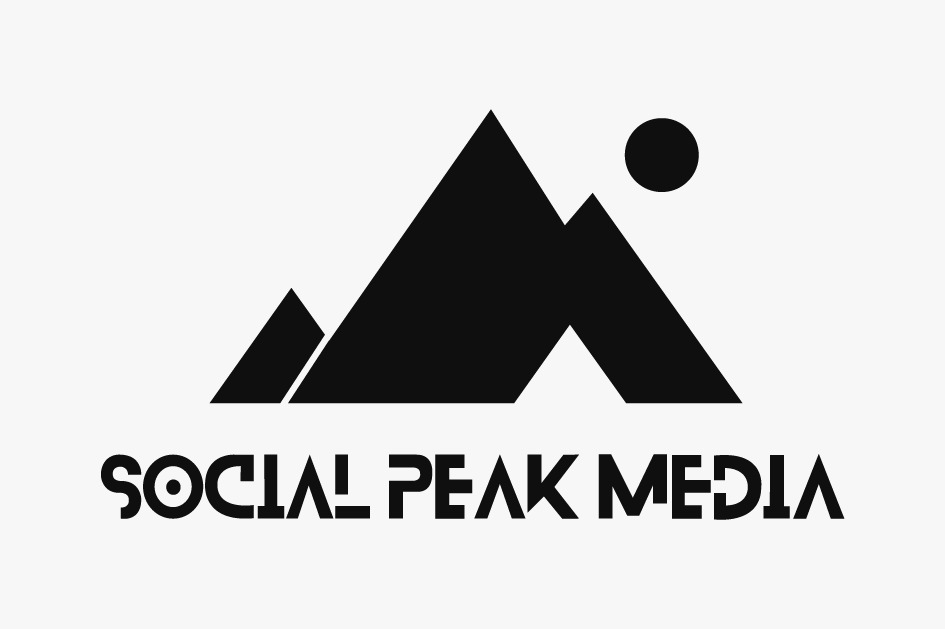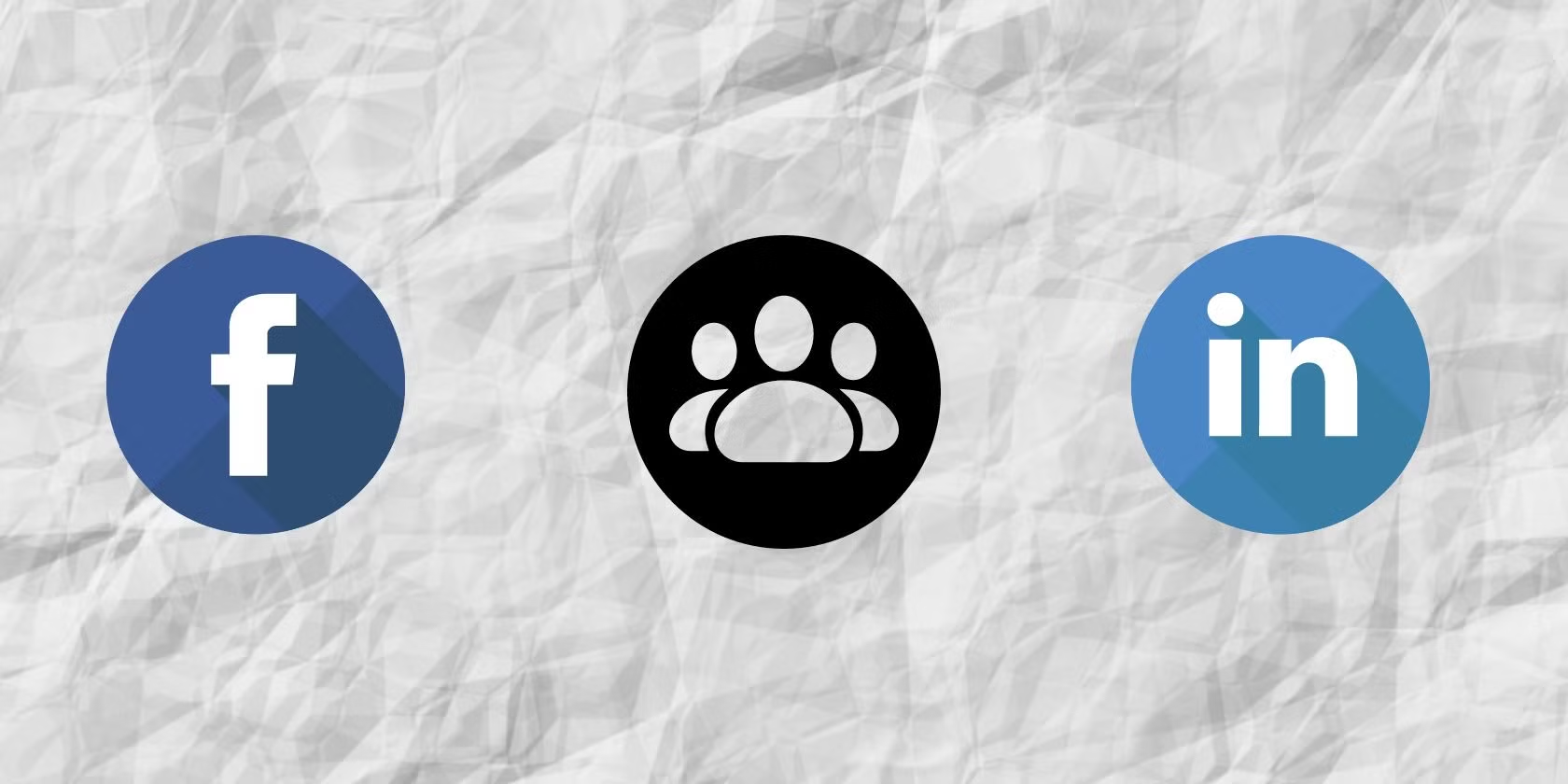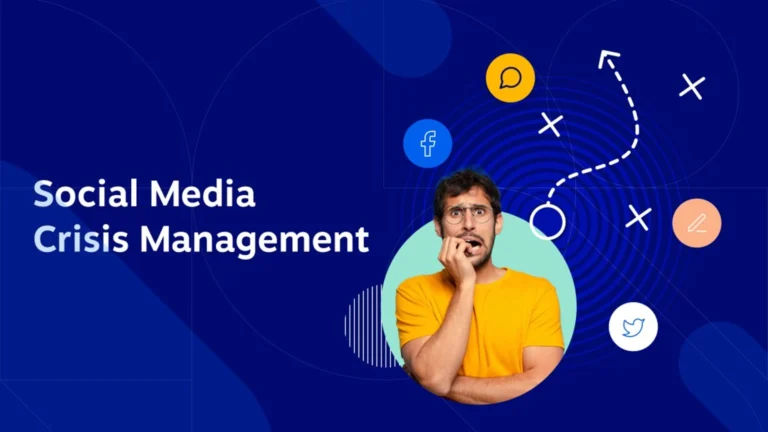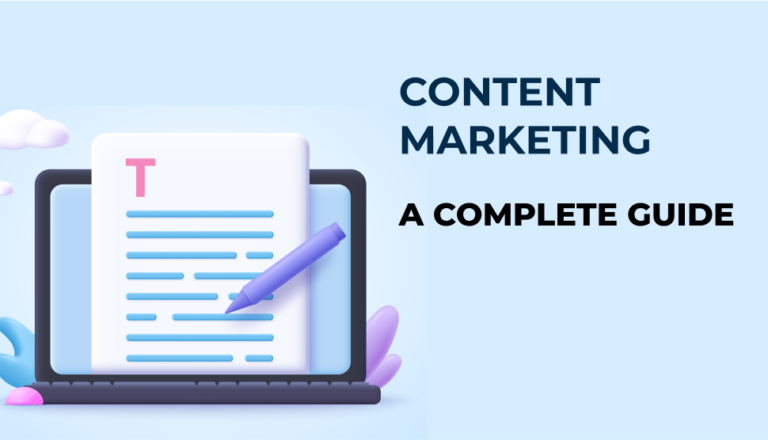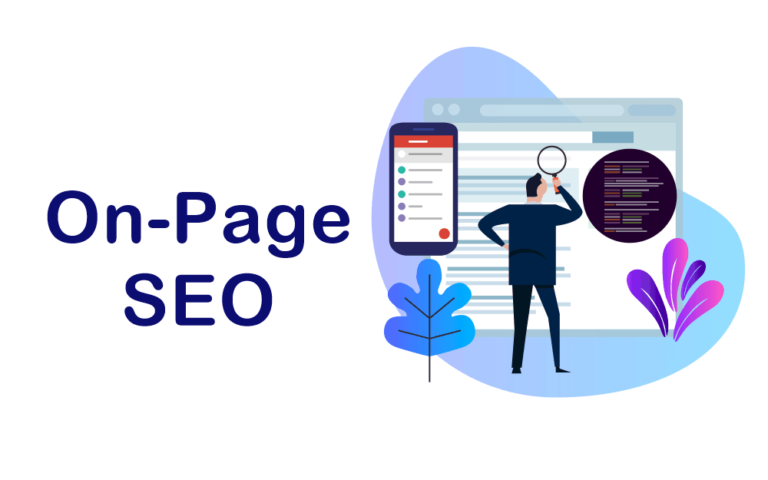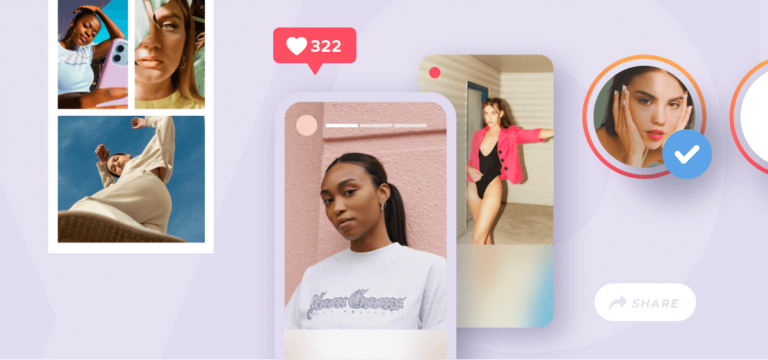Unlocking the Benefits of Private Communities on Facebook and LinkedIn | Enhance Engagement & Build Trust
Welcome to the world of private online communities—your go-to spaces on popular platforms like Facebook and LinkedIn. Unlike the vast ocean of public social networks, these private spaces offer a haven where exclusivity thrives and meaningful conversations bloom. Whether you’re looking to build a private community for hobbyists, professionals, or support groups, both private communities on facebook and linkedin serve as ideal hosts.
This article unpacks the benefits of these private social networks and guides you through choosing the right community platform to foster deeper connections and safeguard member interactions. Ready to explore how private online communities can enhance member engagement and privacy? Let’s dive in!
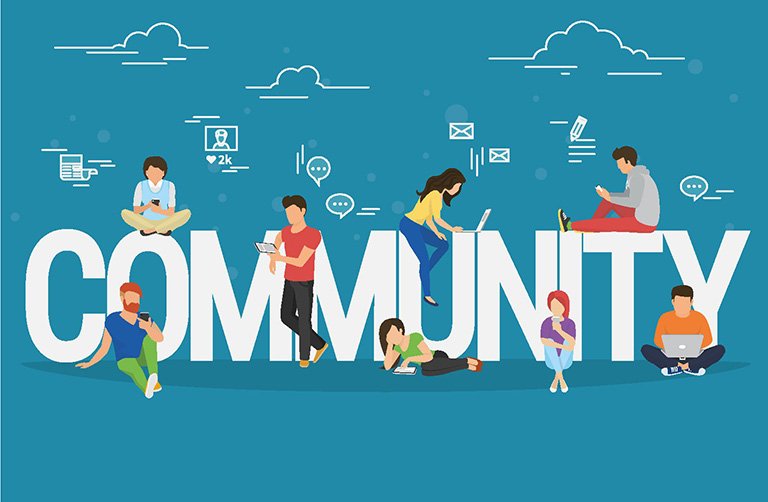
Key Takeaways
- Private online communities offer secure, exclusive spaces for interaction.
- Platforms like LinkedIn and Facebook cater to different needs, making it vital to choose the right one.
- These communities enhance member engagement, promote brand loyalty, and provide opportunities for monetization.
- Privacy and trust are critical for success, supported by robust policies and tools.
- Ongoing management and engagement are essential for fostering a thriving community.
What Are Private Online Communities?
A private online community is a group of people brought together on a community platform to share similar interests, collaborate, or achieve a specific goal in public or private settings. Unlike public networks, these spaces are often invitation-only, ensuring exclusivity and a stronger sense of community.
These communities are typically created to focus on niche topics, provide members with valuable resources, and foster closer relationships through tailored engagement. From LinkedIn groups for professionals to Facebook groups for hobbyists, they cater to varied needs.
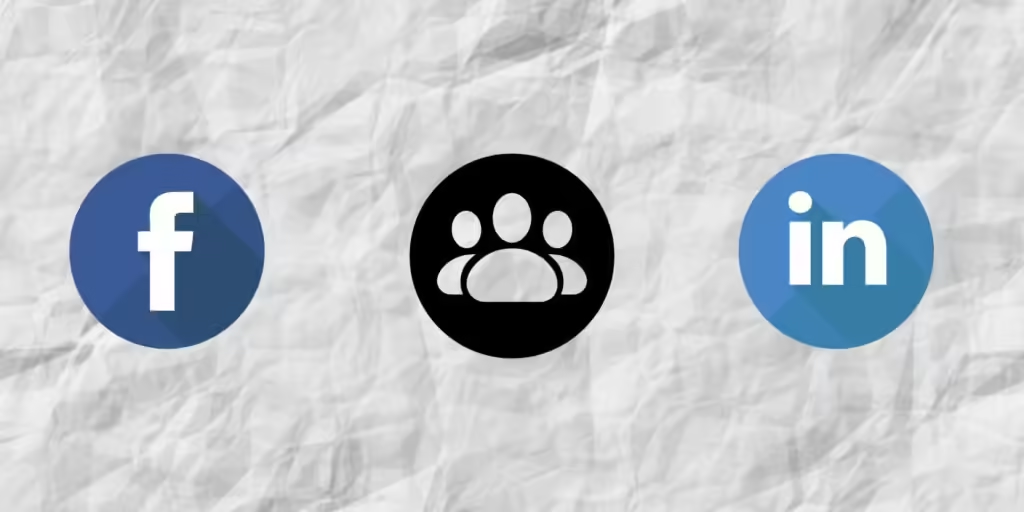
The Need for Private Spaces in Social Networking
In today’s digital age, the clamor for privacy and security on social networks is louder than ever on social media platforms. Both individuals and organizations are seeking private online communities where they can share and communicate without the looming concern of external visibility. This shift towards private social networks isn’t just about safeguarding sensitive information; it’s about creating a community platform that supports authentic interactions away from the public eye.
Platforms like Facebook and LinkedIn provide tools to create a private community where discussions can remain confidential and membership can be controlled. This exclusivity helps maintain a focused dialogue and fosters a sense of community that is often lost in broader social media networks. Whether it’s a group for avid gardeners or a professional circle for marketers, these private settings offer a tailored experience that public forums simply cannot match.

By choosing to build a private community, admins can cultivate a space that values depth over breadth, enhancing both community engagement and satisfaction. This creates a nurturing environment where members feel safe to express themselves and are more likely to share insights and participate actively.
What Makes Private Communities on Facebook and Linkedin Different?
LinkedIn groups focus on professional connections, making them ideal for B2B communities are created to facilitate networking and collaboration. networking and thought leadership. These groups often emphasize knowledge sharing and career development. On the other hand, Facebook groups are versatile, catering to a broader audience with a focus on casual, social interactions.
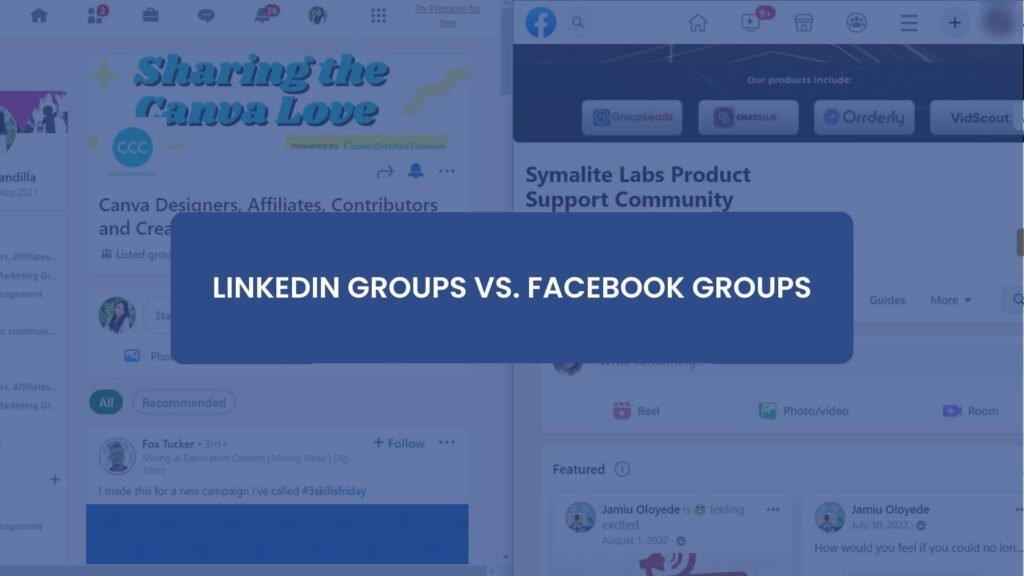
| Feature | Facebook Groups | LinkedIn Groups |
|---|---|---|
| Audience | General, diverse | Professionals, niche |
| Privacy Options | Highly customizable | Business-centric |
| Engagement Style | Social and informal | Professional and focused |
Comparing Platforms: Facebook vs. LinkedIn
When deciding where to build a private community, it’s crucial to understand the distinct features of Facebook groups and LinkedIn groups. Each platform caters to different types of interactions and target audiences, making this choice pivotal for the success of your community.
Facebook is renowned for its broad user base and social features, which makes it a versatile choice for creating communities that range from local neighborhood groups to hobbyist clubs. Its casual atmosphere encourages social interactions, which can be great for communities focused on leisure activities or personal interests.
On the other hand, LinkedIn emphasizes professional networking and career development. It’s the go-to platform for branded community building. B2B communities, professional development groups, and industry-specific discussions. With LinkedIn groups, members expect a professional tone and are often looking to build professional relationships and enhance their career prospects.
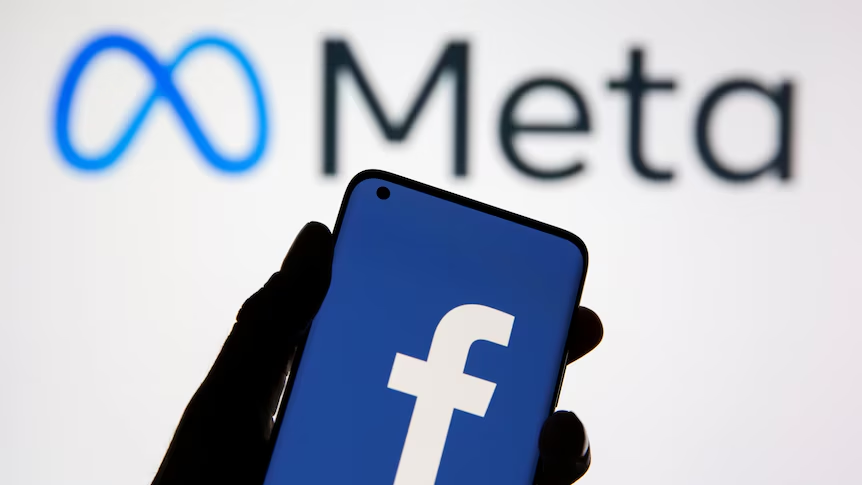
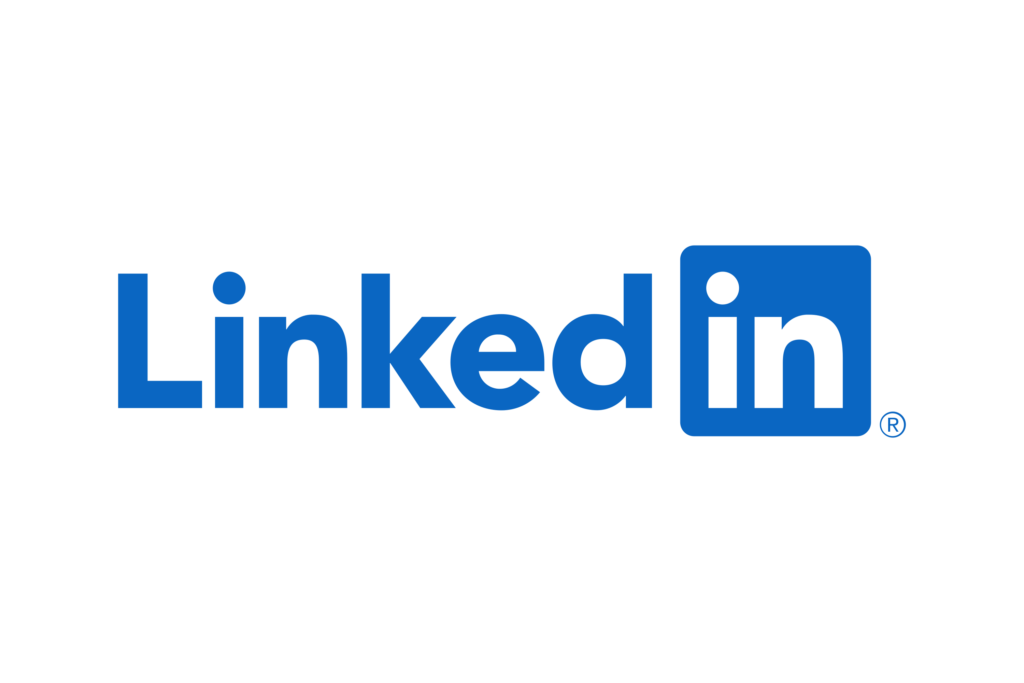
Here’s a quick rundown to compare:
- Facebook Groups:
- Broad and diverse user base
- Ideal for personal and casual communities
- Extensive customization options
- Encourages social sharing and engagement
- LinkedIn Groups:
- Professionally-oriented user base
- Best for career-related and industry-specific communities
- More structured and business-focused discussions
- Networking and professional growth are major draws
Understanding these nuances will help you choose the best platform based on your community’s goals. Whether you need a laid-back space for engaging discussions or a professional arena for networking, picking the right platform is key to cultivating the environment you want.
Enhancing Member Engagement Through Privacy
Privacy isn’t just a preference; it’s a crucial component in enhancing member engagement within private online communities. When members feel confident that their conversations are protected, they’re more likely to participate actively and share valuable insights.

Facebook groups and LinkedIn groups both offer robust privacy settings that help administrators create safe spaces for members. These settings ensure that discussions can remain private, accessible only to approved members. This level of control is essential for maintaining the integrity of the community and fostering a secure environment where members feel comfortable engaging deeply.
For example, LinkedIn’s professional setting enhances privacy through features that limit the visibility of discussions to group members only, which is ideal for sensitive business-related conversations. Similarly, Facebook allows group admins to set their groups as private, ensuring that only invited members can see posts and join discussions. This exclusivity boosts engagement by creating a more intimate and trusted space where members know their interactions are not public.
Enhancing privacy in online communities can lead to:
- Increased openness among members: Knowing that the community is a private space can encourage more honest and open exchanges.
- Higher quality of discussions is essential in private and public communities: With privacy assured, members can delve into more complex and niche topics without fear of outside judgment.
- Greater trust in the community: Strong privacy measures build trust, a fundamental element for any successful community.
By prioritizing privacy, community leaders can significantly enhance member participation and satisfaction, turning their community into a thriving hub for shared interests and mutual growth.
Data Security and Member Trust
In the landscape of private online communities, the importance of data security cannot be overstated. Ensuring the privacy and protection of member data not only builds trust but also fortifies the community against potential breaches that could undermine its integrity.
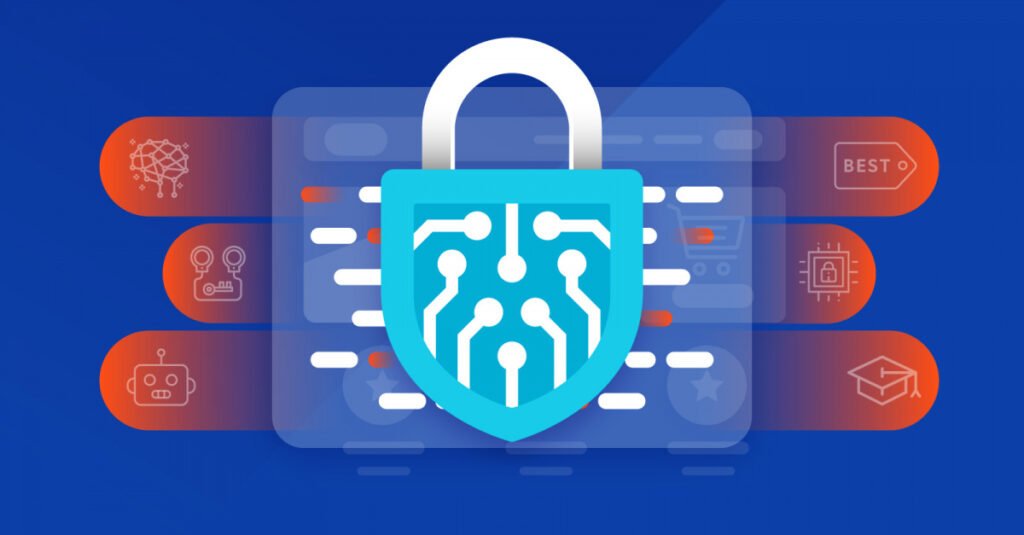
Facebook and LinkedIn offer robust security measures designed to protect user data and offer community engagement in a secure environment. These platforms are continually updating their privacy policies and security protocols to address new threats, which is crucial for administrators who need to safeguard their community’s information.
For instance, LinkedIn groups are highly favored in professional circles for their commitment to security, particularly in how they manage sensitive business information and personal data. LinkedIn’s structured environment allows for controlled sharing, which aligns well with the needs of professional and B2B communities seeking to maintain strict confidentiality.
Similarly, Facebook groups provide various privacy settings that allow admins to control who joins the community and how information is shared within it. These features are essential for creating a private social network where personal or sensitive content is discussed without the risk of external exposure.

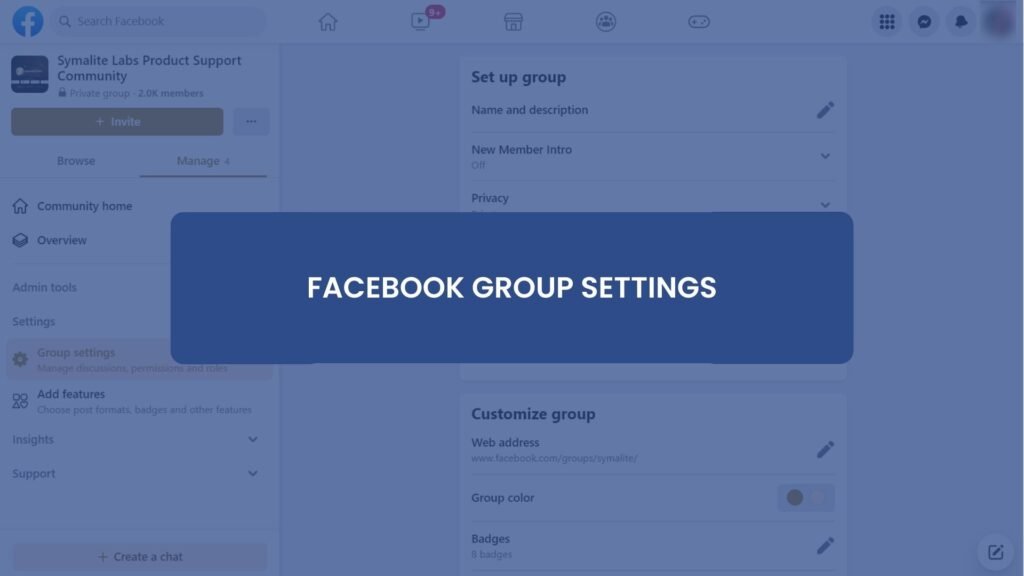
By focusing on data security, community platforms provide:
- Trustworthiness: Members are more likely to trust and engage with a community that demonstrates a commitment to protecting their information on social media platforms.
- Longevity and sustainability: Secure communities are more sustainable as they are less likely to suffer from data breaches that could dissuade members from participating.
- Regulatory compliance: Adhering to privacy laws and regulations is critical, and platforms like Facebook and LinkedIn facilitate compliance through their built-in security features.
Admins should always be proactive in utilizing these security features to not only protect their community but also to enhance its appeal by promoting a safe and secure space for all members.
Monetization Opportunities in Private Communities
Monetizing private online communities can transform a vibrant social space into a profitable venture. Platforms like Facebook and LinkedIn offer unique opportunities to monetize through memberships, exclusive content, and specialized services, which can add significant value to a community platform.
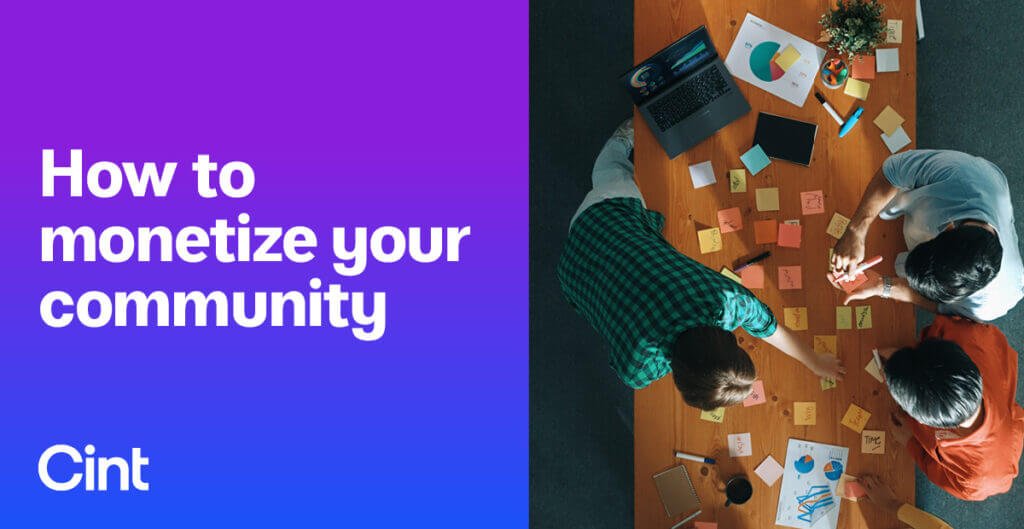
Facebook groups allow community leaders to charge membership fees or offer paid access to exclusive content. This approach is particularly effective in communities where the content or interaction provides substantial value, such as specialized advice, unique resources, or networking opportunities that are not available elsewhere.
Similarly, LinkedIn groups can be leveraged for monetization, especially in professional settings. For example, a group could offer access to industry experts, job postings, or professional development materials as part of a subscription model. Additionally, LinkedIn’s environment supports B2B models where businesses pay to access a network of professionals that can lead to commercial opportunities and partnerships.
Here are a few strategies to effectively monetize a private community:
- Exclusive Content: Offer valuable content that is only available to paying members. This could include webinars, detailed guides, or expert insights.
- Subscription Models: Implement a recurring payment model for continued access to the community and its resources.
- Freemium Models: Provide basic access for free, while reserving advanced features or content for paid members.
- Sponsored Partnerships: Partner with brands or service providers to offer relevant promotions or products directly to your community members.
By tapping into these monetization strategies, community admins can not only cover their operational costs but also generate profit, all while enhancing the value provided to the community members.
Building and Managing Private Online Communities
Creating and maintaining a thriving private online community involves more than just setting up a group; it requires continuous management and strategic planning. Whether on Facebook or LinkedIn, effective community management enhances member engagement and ensures the community remains vibrant and valuable.

Tools for Community Building
Platforms like Facebook and LinkedIn provide a variety of tools designed to help community leaders manage their groups effectively. These tools include:
- Analytics: To track engagement and growth within the community.
- Moderation Features: To keep discussions healthy and on-topic.
- Customization Options: To tailor the community space to the group’s needs, enhancing the user experience.
Best Practices for Community Management
- Regular Engagement: Keep the community active by regularly posting updates, prompting discussions, and responding to member input.
- Clear Guidelines: Establish and enforce community rules to ensure all members know what is expected of them and to maintain order.
- Feedback Mechanisms: Encourage feedback from members to continuously improve the community experience.
- Recognition and Rewards: Acknowledge active members to motivate continued participation and contribution.
By leveraging these tools and adhering to best practices, community admins can create a dynamic environment that fosters growth and sustainability. Effective management also involves adapting to the evolving needs of the community, ensuring that it remains relevant and engaging over time.
Case Studies: Successful Private Communities
Examining real-life examples of successful private online communities provides valuable insights into best practices and strategies that lead to vibrant, engaging platforms. Both Facebook and LinkedIn host numerous thriving communities, each with unique approaches to fostering strong member ties and achieving specific group objectives.
Facebook Community Example: The Healthy Lifestyle Group
- Objective: To provide a supportive space for individuals seeking to maintain healthy lifestyles.
- Strategy: Regularly scheduled live sessions with health experts, weekly challenges, and member spotlights to encourage engagement and participation.
- Outcome: Increased member activity and high engagement rates, with frequent sharing of personal stories and health tips, creating a strong sense of community.

LinkedIn Community Example: The Marketing Professionals Network
- Objective: To connect marketing professionals for networking, job opportunities, and industry insights.
- Strategy: Curated content sharing, monthly webinars with industry leaders, and a strict no-spam policy to maintain professional and high-quality discussions.
- Outcome: Successful job placements, high-value networking, and professional growth for members, attributed to the targeted and professional nature of the interactions.
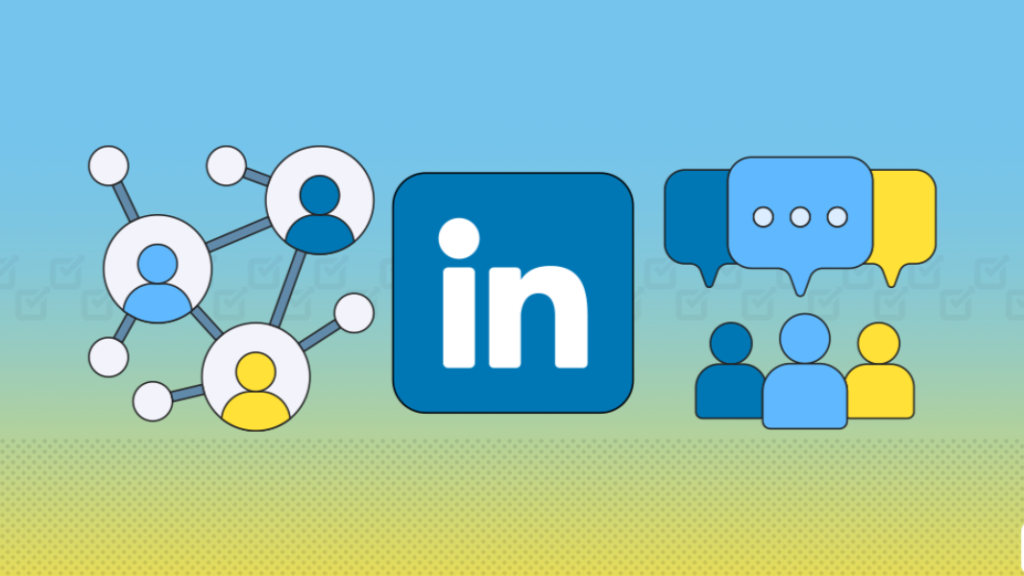
These case studies highlight how private groups can effectively cater to specific needs, create better relationships can be nurtured in branded community settings., and provide much value to their members. They demonstrate the importance of clear objectives, appropriate strategies, and active management in building successful online communities.
Conclusion
Private online communities on platforms like social media, communities are created to enhance user engagement. Facebook and LinkedIn offer more than just a space for people to gather—they provide a secure, focused environment where members can engage deeply on shared interests or professional goals. By choosing the right platform and employing effective management techniques, community leaders can create vibrant spaces that offer significant value and satisfaction to their members.
Are you considering starting or joining a private community? Share your thoughts or experiences in the comments below, or reach out if you’re looking for guidance on how to create one that thrives!
FAQs About Private Online Communities
Disclosure: Our blog contains affiliate links to products. We may receive a commission for purchases made through these links. However, this does not impact our reviews and comparisons. We try our best to keep things fair and balanced, in order to help you make the best choice for you.
